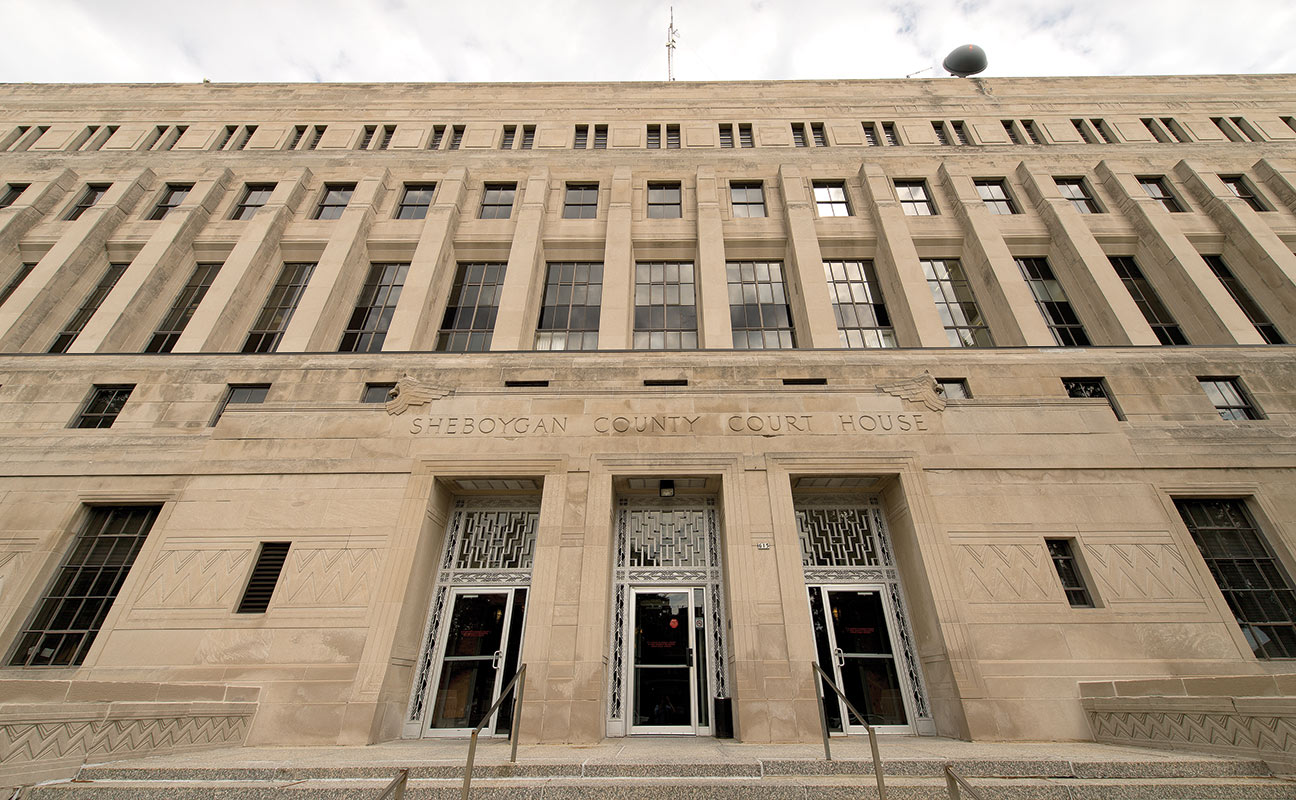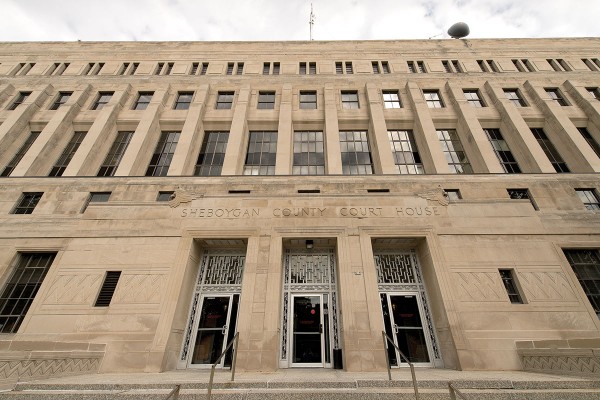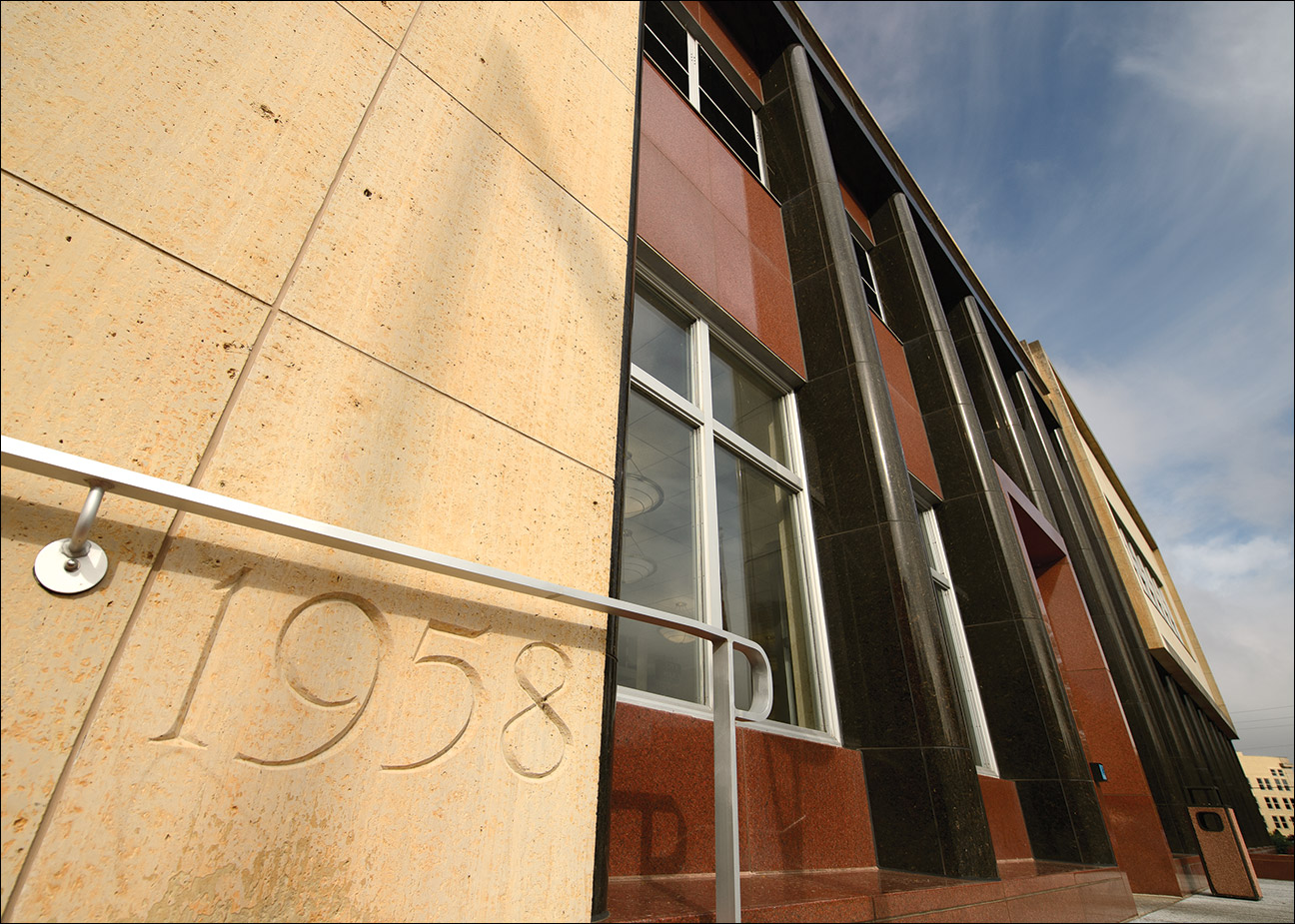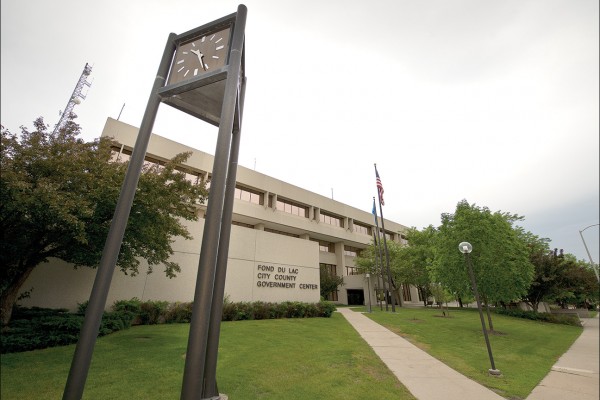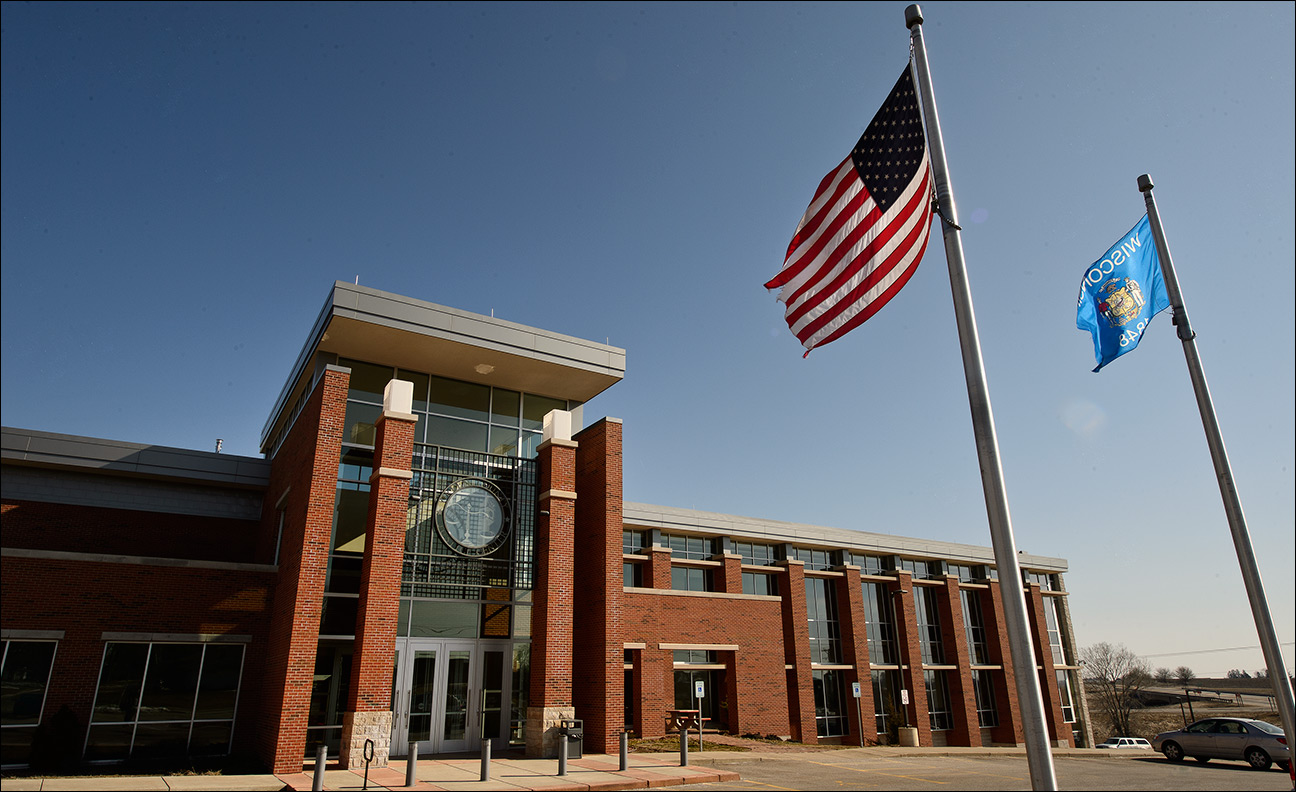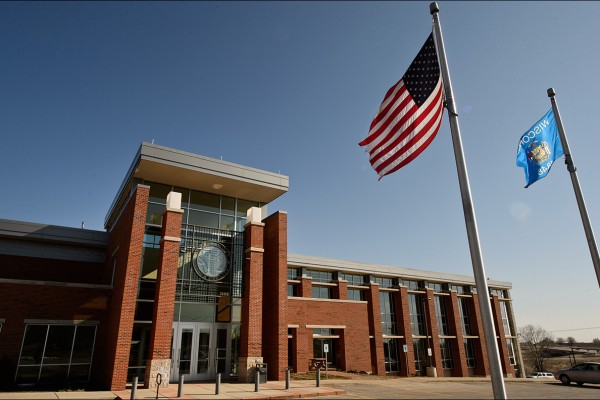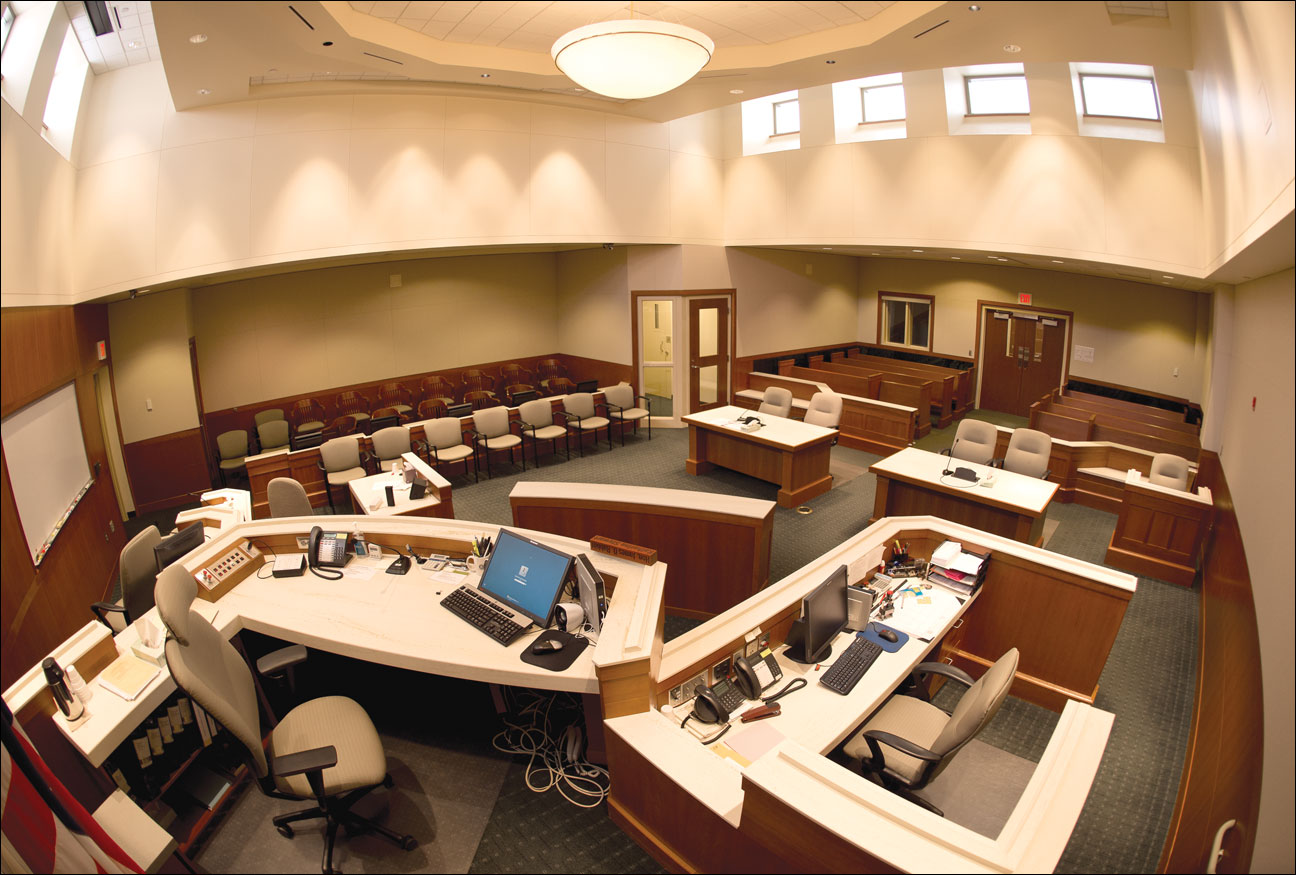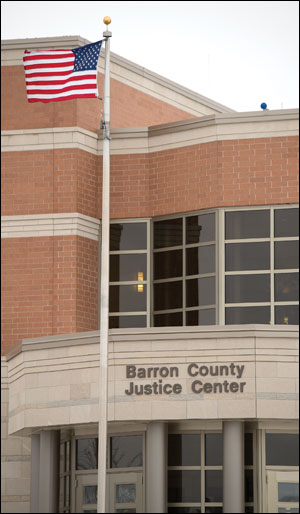Politics unavoidable at Dane County Courthouse
By: Dan Shaw, [email protected]//September 26, 2013//
Politics unavoidable at Dane County Courthouse
By: Dan Shaw, [email protected]//September 26, 2013//
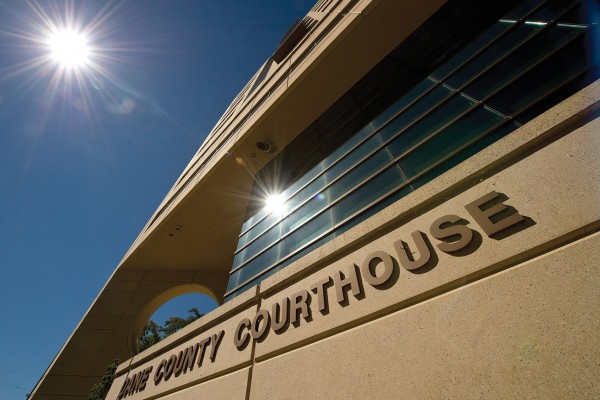
Many of the biggest battles over hotly contested Republican-backed legislation in recent years have been fought a block away from the state Capitol at the Dane County Courthouse.
Though a courthouse is supposed to be a place outside of politics, concerns of right versus left echo through the building’s hallways.
State Sen. Glenn Grothman, R-West Bend, a lawyer whose public stances have placed him in the more conservative wing of his party, did not mince words when talking about why so many challenges to Republican-backed legislation originate in Dane County.
“Of course it’s deliberate,” he said. “They know they are going to get a favorable ruling. They know the Dane County judiciary is not that keen on upholding the rule of law.”
But Dane County Circuit Judge Richard Niess said too much is made of decisions handed down in just a few prominent cases.
“The fact of the matter is that the only ones that seem to get attention are those where there is some overturning of legislation,” he said “But the vast majority of legislation is upheld by the courts.”
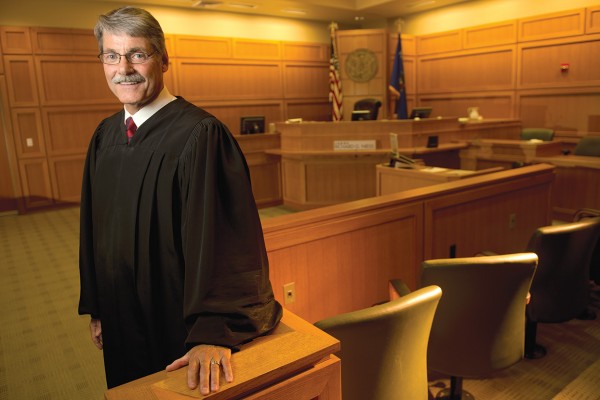
As examples of Dane County judges’ decisions benefiting Republicans, Niess said he upheld the results of the 2012 recall elections, in which opponents of the collective-bargaining ban and other recent changes tried to oust Gov. Scott Walker and his Republican colleagues from office. Similarly, he approved the results of an election recount that gave another 10-year term to Justice David Prosser, who is viewed by many court observers to be a conservative.
“Nobody criticized the recall cases, and I had every single one of them,” Niess said. “They never went to the Court of Appeals, and everything turned out fine.”
Dane County judges have found plenty of faults with Republican-supported laws in recent years, however. The courthouse was the source of a series of injunctions and interpretations against parts of the best-known bills GOP lawmakers have passed since taking over the statehouse in 2010, ranging from a law stripping most public employees of the bulk of their collective-bargaining rights to one barring voters from casting ballots unless they can furnish photo IDs.
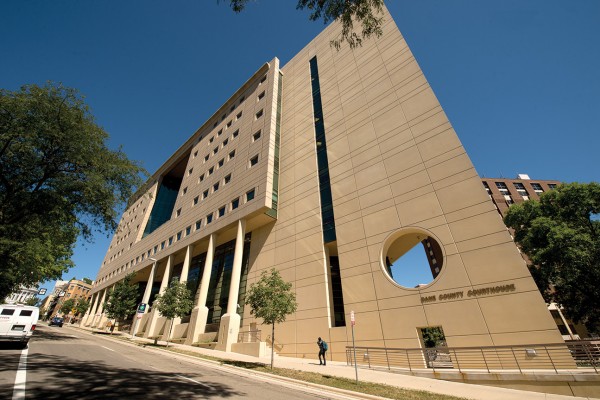
In April, Gov. Scott Walker announced he is thinking about no longer making appointments to fill vacancies in the Dane County judiciary after voters in the following elections rejected two of his choices for what he deemed “political reasons.”
Niess conceded that some of the rulings handed down by Dane County judges have overturned parts of Republicans’ most-prized legislation. But, he said, those outcomes have resulted in large part from lawmakers’ forging paths in legal areas where few precedents provide guidance.
In the case of voter ID, for instance, most states did not start introducing such laws until the 2000s. Wisconsin’s didn’t come along until 2011.
Cases with little precedent to guide judges give rise to one of the few instances when Niess and Grothman agree about the Dane County Courthouse’s role in shaping law. Both said clarity at such times can come from only one source: the state Supreme Court.
“You make the best call you can,” Niess said, “but you know you are not going to be the last word on this.”
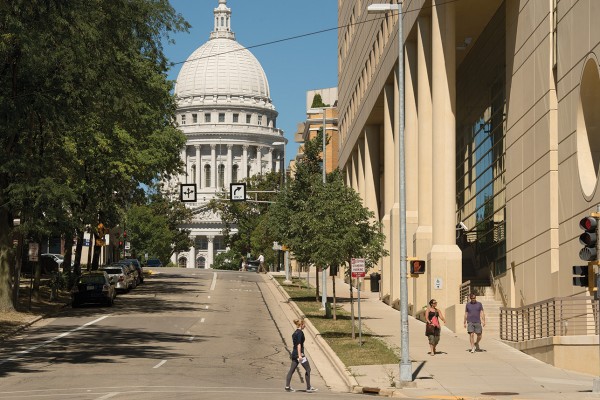
Niess said he and his fellow judges have handed down many rulings knowing “this has got to be decided by the [state] Supreme Court, and the sooner, the better.”
That is not to say, though, that the state Supreme Court is free from accusations of political bias. Just as some contend Dane County judges lean to the left, others maintain the state’s highest court is controlled by a bloc of conservative justices.
One of the most prominent battles to move from the Dane County Courthouse to the state’s high court was in 2011, when the justices overruled a stay placed on the collective-bargaining legislation by Dane County Circuit Judge Maryann Sumi, who contended the public had not been given proper notice of the Legislature’s intent to debate the bill. Sumi declined to be interviewed for this story.
Republican lawmakers this session proposed a bill that would override injunctions of state laws when those injunctions have been appealed. The move would let whatever laws or parts of laws that were blocked go back into effect until a higher court made a ruling on the legal challenge.
One version of the legislation, Assembly Bill 161, received approval from the state Assembly in June and awaits a hearing in the Senate.
There have been similar moves in recent years to diminish Dane County judges’ influence over state laws.
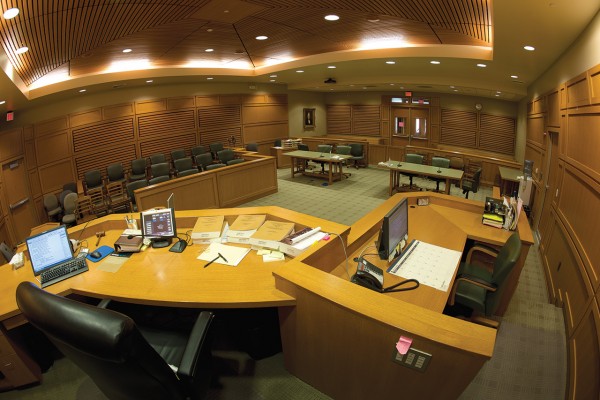
In 2011, the same year as the fight over collective-bargaining legislation, Republicans passed a law letting cases against the state originate in any circuit court. Previously, Wisconsin statutes stipulated that cases in which the state was the sole defendant could not be brought anywhere other than Dane County.
However, challenges to laws passed by the Republican-controlled Legislature probably would come from liberals, who, if they share the perception that Dane County judges lean their way, would be inclined to continue filing in Dane County.
But Niess said that even though the state Department of Justice is overseen by a Republican, Attorney General J.B. Van Hollen, the agency still files most of its cases in Dane County. If the Dane County judges are so liberal, he asked, why wouldn’t Van Hollen seek to file elsewhere?
The motive behind that tendency, Niess said, is probably convenience because many DOJ lawyers work in Madison, making it easier to go to the Dane County Courthouse.
Steven Means, executive assistant attorney general at the DOJ, said he could not say for certain that the DOJ files most often in Dane County but odds are strong that it does.
“Generally, we don’t judge shop,” Means said. “We don’t try to second guess how a judge is going to decide a case.
“Some of us might have personal thoughts about certain judges, but we don’t let that influence how we conduct our business.”
Legal News
- Waukesha man sentenced to 30 years for Sex Trafficking
- 12-year-old shot in Milwaukee Wednesday with ‘serious injuries’
- Milwaukee man convicted of laundering proceeds of business email compromise fraud schemes
- Giuliani, Meadows among 18 indicted in Arizona fake electors case
- Some State Bar diversity participants walk away from program
- Wisconsin court issues arrest warrant ‘in error’ for Minocqua Brewing owner
- Iranian nationals charged cyber campaign targeting U.S. Companies
- Facing mostly white juries, are Milwaukee County defendants of color truly judged by their peers?
- Milwaukee Mayor speaks in D.C. Tuesday at White House water summit
- Chicago man sentenced to prison after being caught with ‘Trump Gun’
- FTC bans non-competes
- Gov. Evers seeks applicants for Dane County Circuit Court
WLJ People
- Power 30 Personal Injury Attorneys – Russell Nicolet
- Power 30 Personal Injury Attorneys – Benjamin Nicolet
- Power 30 Personal Injury Attorneys – Dustin T. Woehl
- Power 30 Personal Injury Attorneys – Katherine Metzger
- Power 30 Personal Injury Attorneys – Joseph Ryan
- Power 30 Personal Injury Attorneys – James M. Ryan
- Power 30 Personal Injury Attorneys – Dana Wachs
- Power 30 Personal Injury Attorneys – Mark L. Thomsen
- Power 30 Personal Injury Attorneys – Matthew Lein
- Power 30 Personal Injury Attorneys – Jeffrey A. Pitman
- Power 30 Personal Injury Attorneys – William Pemberton
- Power 30 Personal Injury Attorneys – Howard S. Sicula





